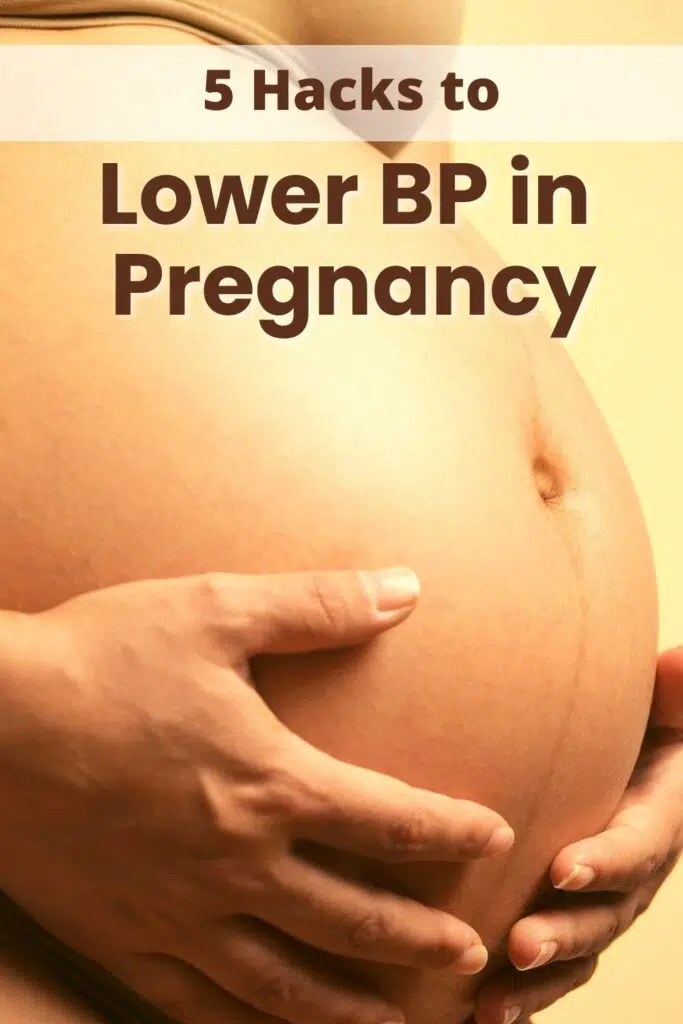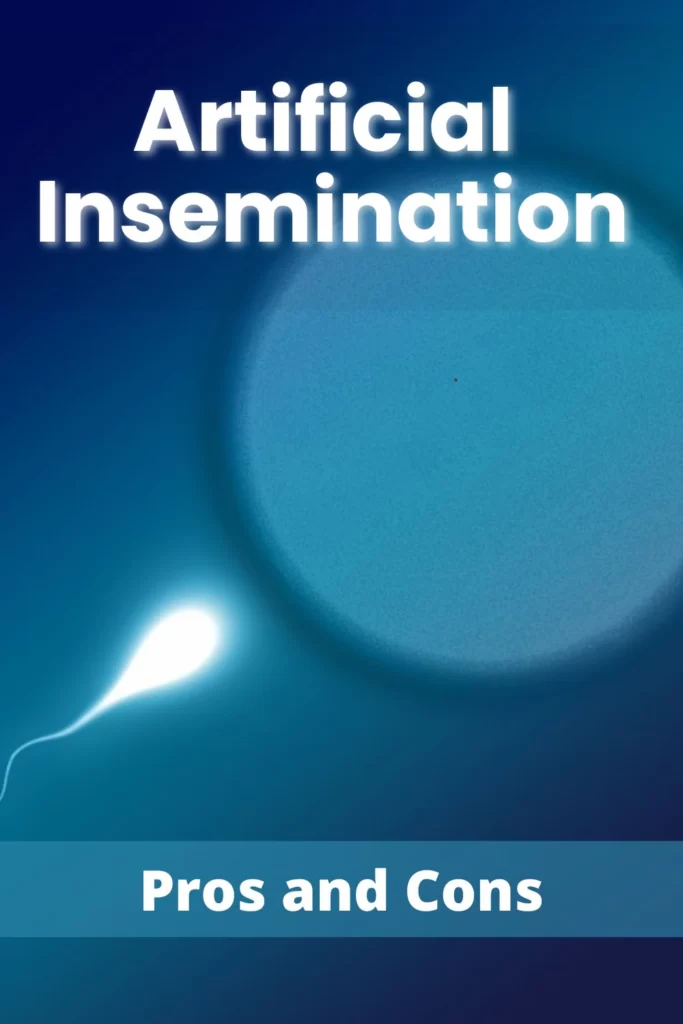Table of Contents
Introduction:
Experiencing changes during menstruation can be unsettling, especially when unexpected and concerning symptoms arise. One such occurrence is the presence of blood clots during a period, which can sometimes lead to a confusing question that is it Period Clot or Miscarriage?
While blood clots during menstruation are often harmless, they can occasionally be indicative of a more serious condition, such as a miscarriage. In this article, we will delve into the topic of period clots and miscarriages, shedding light on their differences, causes, and effects, while providing support and guidance for those seeking answers.
I. What are Period Clots?
During menstruation, the uterus sheds its lining, resulting in the flow of blood from the vagina. In some cases, blood clots may accompany menstrual blood. These clots are often harmless and comprise coagulated blood, tissue, and uterine lining. Typically, period clots are small and may vary in color and consistency, ranging from dark red to black and jelly-like in texture. Their presence is often no cause for concern.
II. Identifying a Miscarriage:
Understanding Miscarriage: A miscarriage refers to the loss of a pregnancy before the fetus reaches viability, typically occurring within the first 20 weeks. It is a devastating event that affects numerous women worldwide. Miscarriages can manifest in various ways, including heavy bleeding, abdominal pain, and passing of tissue, which may be confused with period clots.
Distinguishing Between Period Clots and Miscarriage
Differentiating between period clots and signs of a miscarriage is crucial. Some key distinctions to consider include:
Timing: Miscarriages usually occur earlier in pregnancy, whereas period clots are part of the regular menstrual cycle.
Severity: A miscarriage often involves heavier bleeding, accompanied by intense pain, whereas period clots are generally not associated with severe discomfort.
Tissue Passage: Passing tissue, often resembling small clumps or pieces, is more common during a miscarriage than during a regular period.
These are the 3 signs and symptoms of a miscarriage?
SEE ALSO: Is I am having Ectopic Pregnancy
III. Causes and Risk Factors:
Period Clots: Period clots are typically caused by the natural process of blood coagulation during menstruation. They can be influenced by factors such as hormonal imbalances, a heavy flow, and uterine abnormalities.
Miscarriage: Miscarriages can occur due to a variety of factors, including chromosomal abnormalities in the fetus, hormonal imbalances, maternal health conditions, structural abnormalities of the uterus, and certain lifestyle choices like smoking or drug use. However, it is important to note that the exact cause remains unknown in many cases.
IV. Seeking Support and Guidance:
Consulting a Healthcare Provider: If you are unsure whether you are experiencing period clots or miscarriage, it is crucial to consult a healthcare provider. They can evaluate your symptoms, perform necessary tests, and provide appropriate guidance and support.
Emotional Support: Experiencing a miscarriage or even the fear of one can be emotionally distressing. Seek support from loved ones, and friends, or join support groups where you can connect with others who have experienced similar situations.
Conclusion:
So now you know the answer to the question did I miscarry or is it my period?
Understanding the difference between period clots and miscarriages is vital in order to address any concerns and seek appropriate medical attention. Period clots are typically harmless and a normal part of menstruation, whereas miscarriages represent a significant loss that may require a medical diagnosis. If you are unsure about your symptoms, reach out to a healthcare professional who can provide accurate diagnosis and guidance. Remember to prioritize self-care and seek emotional support during challenging times.


